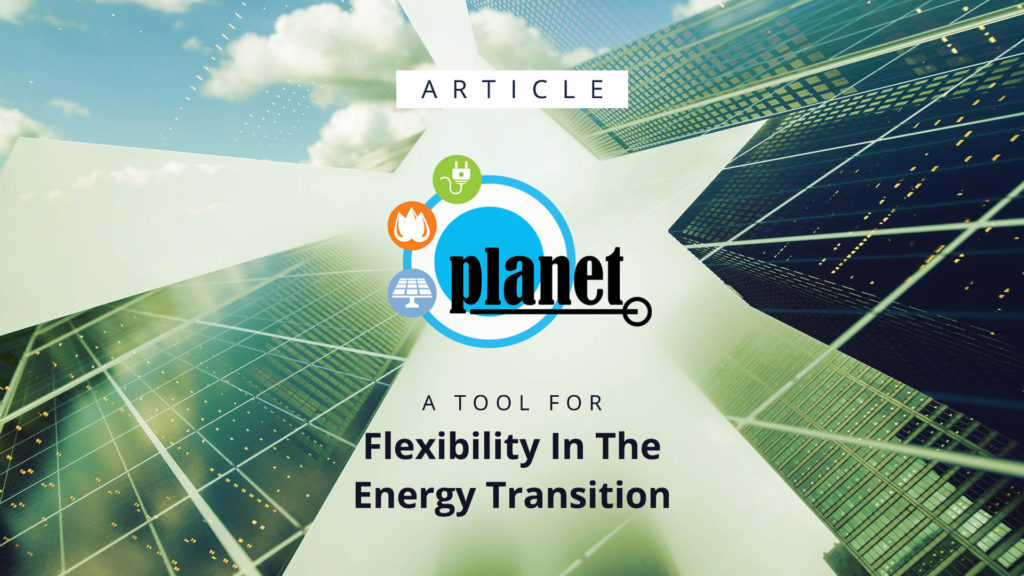
Renewable energy resources offer immense prospects to mitigate greenhouse gas emissions and combat climate change, whilst addressing the growing energy demand. In recent years, owing to falling costs and supportive policies, the integration of renewable energy has expanded significantly. Nevertheless, challenges to its further expansion are raised due to the inherent variability of renewable energy production (‘vRES’) coupled with grid stability considerations, which – if not properly addressed – shall lead to vRES generation curtailment. The latter would cause renewable capacity expansion to decelerate, reductions in the capacity factors of vRES technologies and subsequent economic losses, to name a few.
Against this backdrop, PLANET has developed a holistic decision support system for utilities, network operators and policy makers to help them implement optimal grid planning and management solutions compatible with complete decarbonization of the energy system. To that end, the project leverages energy conversion and storage technologies, such as Power-to-Gas, Power-to-Heat, Combined Heat and Power, Thermal storages and Virtual Energy Storage. These technologies have been deemed very promising to address issues related to the integration of renewables in the electricity grid, by enabling coordination of the electricity, heat and gas sectors towards revealing the maximum potential of network flexibility, a vital prerequisite for ensuring security of supply.
The PLANET project commenced in November 2017 with the participation of 11 partners from 7 different countries: Italy, Finland, Greece, UK, Germany, France and Belgium including technical universities, research centers and associations, consultancy firms, utilities and information technology companies.
Please download the full article for more.